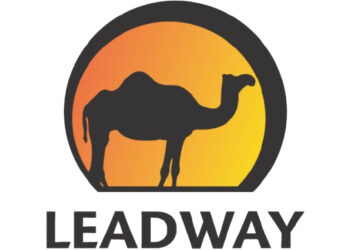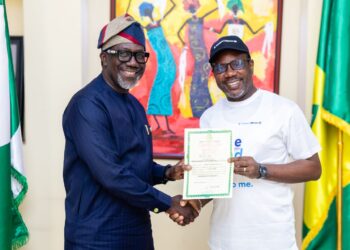High rated independent researcher and consultant, Mr. Bode Agusto, with his grasp of financial economy, has advised that Nigeria should not have net liabilities in US dollars or any hard currencies.
Agusto, who was the founding managing director, Agusto & Co, made his views known at a webinar hosted by Coronation Insurance, to present its bancassurance partnership with Access Bank. He said his position stems from what tends to happen when inflation belches. “What tends to happen is that when the Naira will devalue against the US currency, we will need more and more Naira to repay our debts. Therefore, we should keep our position at worst square.”
With the major theme of the webinar primed on “Managing risks that keeps CEOs up at night,” Agusto focused on “Key macro economic risks and how they impact your business,” and within this frame, set his trade on the rate of inflation, which according to him is the most important. Also of interest to him, is the current rate of inflation at 12%, which also, is the long term interest rate of Nigeria. “If we take a 5, 10, 15 or 20 years average, we will get about the same number. This means that the long term rate of inflation in Nigeria is about 12%.”
He said the current rate of inflation means that if we put N100.00 in our pocket at the beginning of the year, by the end of the year it will only be able to buy 12% less than what it could buy at the beginning of the year.
He builds his resolve further, “Therefore, we need to see the link between this and the exchange rate. The principal exchange rate is between the Naira and the US Dollars, because this is the principal currency of the international trade.” Besides, he said, “the long term rate of inflation of the US Dollar is just under 2%. It means that the US $ looses 2% of its purchasing power every year, while the Naira looses about 12% of its purchasing power every year.”
“That tells us that the Naira should devalue on average by that difference in inflation to keep purchasing power parity. So, that is the principal reason why the Naira is always devaluing against the Dollar. The Naira is the weaker of the two currencies. Indeed, any currency that has a rate of inflation that is significantly lower than 12%, is a stronger currency than the Naira,” This according to him, serves why Nigeria should avoid having its net liabilities in Dollars or any hard currency.
He also links interest rate to the rate of inflation, but finds out that in Nigeria, one overwhelms the other. Agusto said the most important interest rate in the the environment is the rate at which the federal government of Nigeria borrows money. “It’s referred to as the risk free rate in the environment. This is because apart from tax, the Federal government of Nigeria can print money to repay its debts. That is legal.”
He speaks further, “One would expect that the risk free rate would at least cover the rate of annual inflation as well. Therefore, you would expect the risk free rate for the one year tenor to be 12 percentage point plus a small premium.” However, he infers that what is reoccurring, is a round hole next to square hole. “In today’s environment we have situation whereby the risk free rate is significantly below the rate of inflation. One year money is between 3-4% today, which means that anybody who saves and invests in federal government securities over a one year period will actually loose purchasing power and the amount they will lose is 12% of inflation minus the 3-4% interest that they earn.”
On account of this, he said it’s important the country exercises caution “when we are managing monetary assets, that are going to be repaid in fixed money terms. Particularly those of us who have pension assets. The bulk of the pension assets are invested in government security or other fixed income securities.” The probable future sour tale he suggested, is that if the rate at government securities continues to be at the lower rungs of the ladder of investment returns, the purchasing power of pensioners fixed assets would have lost the power to command a good life and healthy living for pensioners at retirement.







































